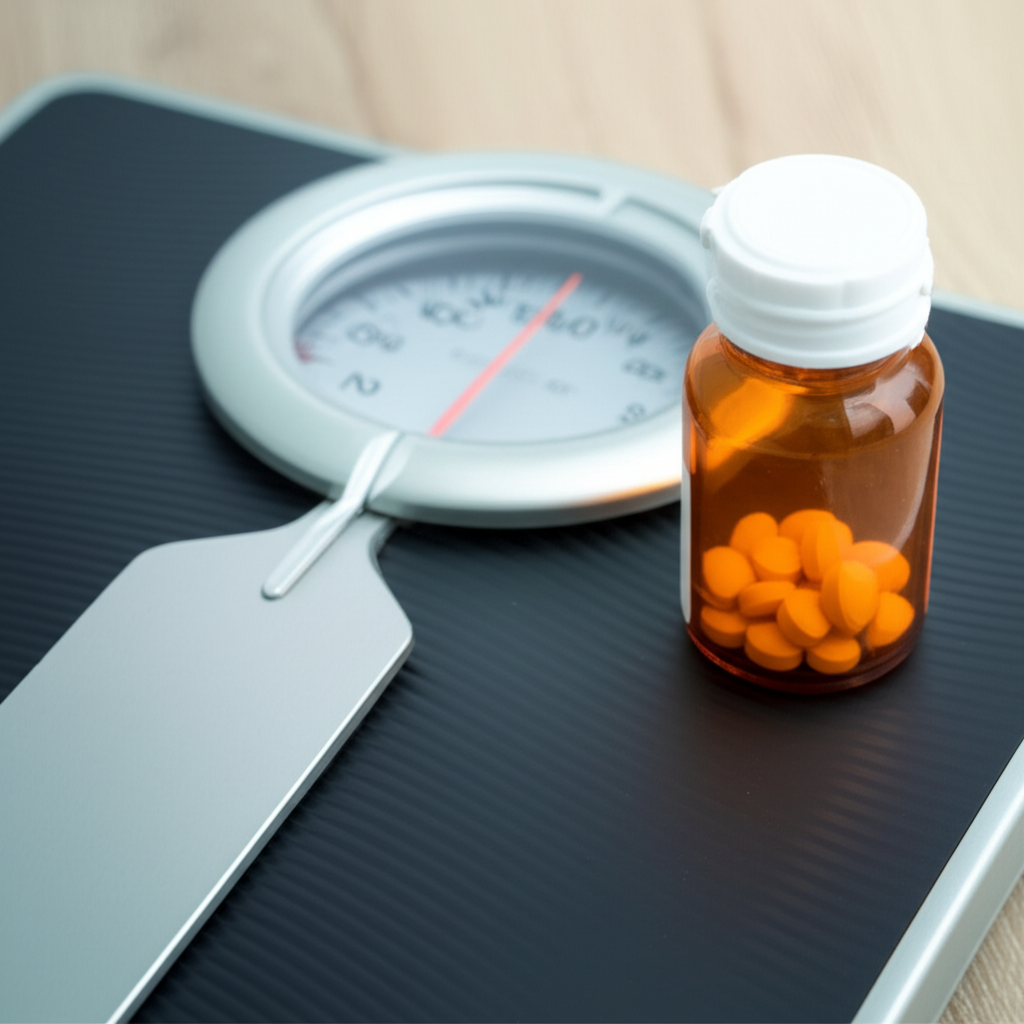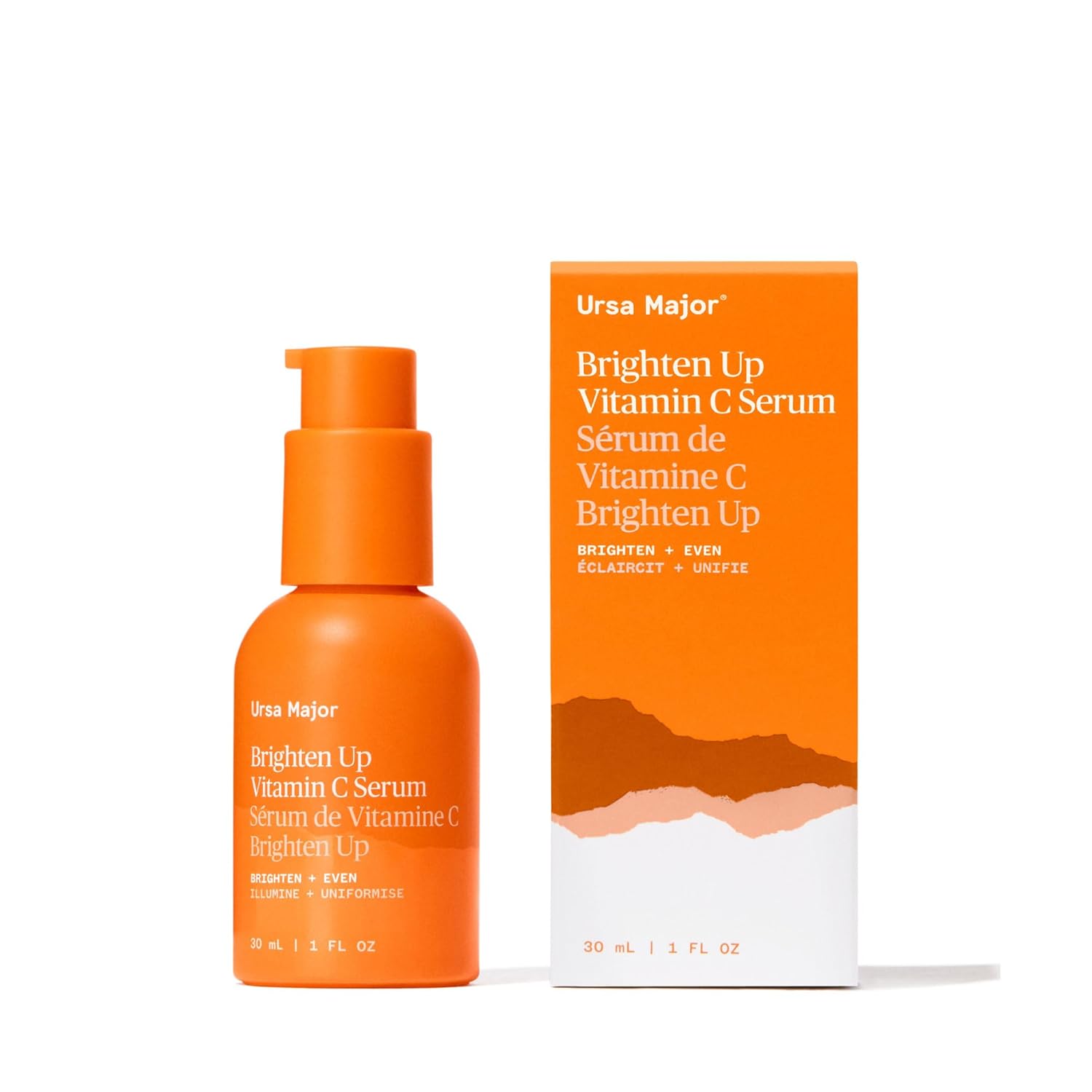Yes, TRT can significantly aid weight loss by boosting metabolism, increasing muscle mass, and improving energy levels, making it easier to burn fat and stay active.
Will TRT Help With Weight Loss: Proven & Essential

Do you ever feel like you’re fighting a losing battle with the extra pounds? You meticulously track your calories, spend hours at the gym, and yet, the number on the scale refuses to budge. It’s a frustrating cycle, especially when you see others making progress with seemingly less effort. If this sounds like you, then you’re not alone. Many people struggle with stubborn weight, and sometimes, the reason isn’t just about willpower or diet choices. Hormonal imbalances can play a crucial role, particularly in men. What if there was a way to address a fundamental biological factor that might be holding you back? If you’ve been curious about how testosterone replacement therapy (TRT) might impact your weight loss journey, stick around, and we’ll explore the proven science and essential steps involved.
Understanding the Connection: Testosterone and Weight Loss
It’s a common misconception that hormones only affect mood or reproduction. In reality, they are powerful chemical messengers that influence almost every bodily function, including your metabolism and body composition. Testosterone, often thought of as solely a male hormone, plays a vital role in men’s health and well-being. As men age, testosterone levels naturally decline, and this decrease can have far-reaching consequences, including a tendency to gain weight, particularly abdominal fat, and a struggle to lose it, even with diligent efforts in diet and exercise. Research consistently shows that lower testosterone levels are linked to increased body fat mass and decreased lean muscle mass. This is where TRT steps in as a potential game-changer for men looking to shed those extra pounds and reclaim a healthier physique.
How Testosterone Influences Body Weight
Before diving into TRT, let’s understand precisely how endogenous (naturally produced) testosterone influences your weight:
- Metabolism: Testosterone helps regulate your body’s metabolic rate, which is the speed at which your body burns calories for energy. Higher testosterone levels are generally associated with a faster metabolism, meaning you burn more calories even at rest.
- Muscle Mass: Testosterone is crucial for building and maintaining lean muscle mass. Muscle tissue is metabolically active, meaning it burns more calories than fat tissue. When testosterone levels drop, men often experience a decrease in muscle mass, which consequently slows down their metabolism.
- Fat Distribution: Low testosterone can lead to increased accumulation of body fat, especially in the abdominal area. This “belly fat” is not only aesthetically undesirable but also poses significant health risks, including heart disease and diabetes.
- Energy Levels and Motivation: Low testosterone can also cause fatigue, low energy, and a lack of motivation. This can make it harder to engage in regular physical activity, further contributing to weight gain.
Think of it like this: If your body is running on low fuel (low testosterone) and has less efficient machinery (less muscle), it’s going to struggle to burn through energy efficiently, making weight loss an uphill battle.
TRT and Its Potential for Weight Loss: The Science
When testosterone levels are suboptimal, TRT aims to restore them to a healthy, physiological range. This restoration can have a cascading positive effect on weight management. Numerous studies have explored this connection:
- A study published in The New England Journal of Medicine involving overweight and obese men with low testosterone found that those who received TRT experienced a significant reduction in fat mass and an increase in lean muscle mass compared to a placebo group. This was observed even with minimal changes to diet or exercise.
- Another meta-analysis of several studies concluded that testosterone therapy in hypogonadal men leads to a significant reduction in fat mass and an increase in lean body mass, suggesting a beneficial role in body composition changes.
These findings highlight that for men with clinically low testosterone (hypogonadism), TRT can be a powerful tool to help reverse some of the metabolic and body composition changes associated with the deficiency, paving the way for more effective weight loss.
Who is a Good Candidate for TRT for Weight Loss?
It’s crucial to understand that TRT is not a magic bullet for everyone struggling with weight. It is a medical treatment specifically prescribed for men diagnosed with hypogonadism, a condition characterized by the body’s inability to produce sufficient testosterone. Signs and symptoms of hypogonadism can include:
- Low libido (sex drive)
- Erectile dysfunction
- Fatigue and low energy
- Depressed mood
- Difficulty concentrating
- Decreased muscle mass and strength
- Increased body fat, particularly around the abdomen

Essential Step 1: Get Tested. The first and most critical step is to consult with a qualified healthcare provider. They will typically order blood tests to measure your testosterone levels, usually done in the morning when levels are highest. They will also assess your symptoms and overall health to determine if hypogonadism is present and if TRT is appropriate for you. Self-diagnosing or starting TRT without medical supervision is dangerous and strongly discouraged.
How TRT Can Support Your Weight Loss Journey: Practical Application
Once you’ve been diagnosed with hypogonadism and prescribed TRT, here’s how you can best leverage its benefits for weight loss:
1. Prioritize Nutrition: Fueling Your Body Right
TRT can boost your metabolism, but it won’t magically burn fat if your diet is consistently high in unhealthy foods. Think of TRT as giving your engine a tune-up; you still need to use the right fuel.
Actionable Tips:
- Focus on Whole Foods: Build your meals around lean proteins (chicken, fish, beans), plenty of vegetables, fruits, and whole grains. These provide essential nutrients and fiber, helping you feel full and satisfied.
- Limit Processed Foods and Sugary Drinks: These are often high in empty calories and can hinder your progress. Cutting out soda, sweetened coffees, and packaged snacks can make a significant difference.
- Hydrate: Drink plenty of water throughout the day. It aids digestion, metabolism, and can help you feel less hungry.
- Mindful Eating: Pay attention to your hunger and fullness cues. Eat slowly and savor your food.
Real-Life Example: John, a 45-year-old office worker, was diagnosed with low testosterone and started TRT. He also decided to clean up his diet, replacing his usual takeout lunches with home-prepared meals. Within three months on TRT and a healthier diet, he lost 18 pounds and felt more energetic than he had in years.
2. Integrate Regular Exercise: Building a Stronger You
With increased energy and muscle-building potential from TRT, exercise becomes more effective and enjoyable. Combining cardio and strength training yields the best results.
Actionable Tips:
- Strength Training: Aim for at least two to three sessions per week focusing on compound movements (squats, deadlifts, bench presses, rows). This helps build muscle mass, which directly boosts your metabolism.
- Cardiovascular Exercise: Incorporate at least 150 minutes of moderate-intensity cardio (like brisk walking, jogging, cycling) or 75 minutes of vigorous-intensity cardio per week. This burns calories and improves heart health.
- Consistency is Key: Find activities you enjoy to make exercise a sustainable habit.
- Start Gradually: If you’re new to exercise, begin with shorter durations and lower intensities, gradually increasing as your fitness improves.

| Day | Activity Focus | Details |
|---|---|---|
| Monday | Strength Training (Upper Body) | Push-ups, bench press, overhead press, rows, bicep curls (3 sets of 8-12 reps) |
| Tuesday | Cardio | 30 minutes of brisk walking or jogging |
| Wednesday | Strength Training (Lower Body & Core) | Squats, lunges, deadlifts, planks, crunches (3 sets of 8-12 reps) |
| Thursday | Rest or Active Recovery | Light stretching or a leisurely walk |
| Friday | Full Body Strength Training | Combination of upper/lower body exercises or circuit training |
| Saturday | Cardio | 45 minutes of cycling or swimming |
| Sunday | Rest | Relax and recover |
3. Focus on Sleep and Stress Management
Poor sleep and high stress levels can disrupt hormones (including cortisol, which can work against testosterone) and negatively impact weight loss efforts. TRT can sometimes improve sleep and energy, making it easier to manage stress.
Actionable Tips:
- Consistent Sleep Schedule: Aim for 7-9 hours of quality sleep per night. Go to bed and wake up around the same time each day, even on weekends.
- Create a Relaxing Bedtime Routine: Wind down with activities like reading, taking a warm bath, or meditation.
- Manage Stress: Practice mindfulness, deep breathing exercises, yoga, or spend time in nature. Identify stressors and find healthy coping mechanisms.
4. Monitor Progress and Adjust as Needed
Weight loss is a journey, and progress isn’t always linear. Regular monitoring helps you stay on track and make necessary adjustments.
Actionable Tips:
- Track Your Weight: Weigh yourself once a week, at the same time, under the same conditions.
- Measure Body Composition: Consider tracking body fat percentage and measurements (waist, hips) periodically. These can often show improvements even when the scale doesn’t move significantly.
- Journal Your Food and Activity: This can help identify patterns and areas for improvement.
- Regular Check-ups: Continue to see your doctor to monitor your testosterone levels and overall health during TRT.
Potential Benefits Beyond Weight Loss
While weight loss is a significant goal, TRT can offer a range of other benefits that contribute to overall well-being:
- Increased energy and reduced fatigue
- Improved mood and reduced symptoms of depression
- Enhanced libido and sexual function
- Increased muscle strength and bone density
- Improved cognitive function and mental clarity
These improvements create a positive feedback loop, making it easier to stick to healthy habits and achieve sustainable weight loss.
Potential Risks and Side Effects of TRT
Like any medical treatment, TRT carries potential risks and side effects. It is essential to discuss these thoroughly with your doctor. Common side effects can include:
- Acne or oily skin
- Swelling in the ankles or feet
- Increased red blood cell count (which can thicken blood)
- Enlargement of the breasts (gynecomastia)
- Sleep apnea
- Testicular shrinkage and reduced sperm production (infertility)
- Increased risk of prostate issues (regular monitoring is crucial)
Your doctor will monitor you closely for any adverse effects and adjust your dosage or treatment plan as needed. It’s vital to undergo TRT only under strict medical supervision.
Comparing TRT to Other Weight Loss Methods
It’s helpful to see how TRT fits into the broader picture of weight loss strategies:
| Method | Primary Mechanism | Pros | Cons | Best For |
|---|---|---|---|---|
| Calorie Deficit Dieting | Reducing calorie intake below energy expenditure. | Directly targets fat loss, widely accessible. | Can be unsustainable, may lead to muscle loss if not protein-adequate, requires discipline. | General weight loss, individuals without hormonal imbalances. |
| Intense Exercise Regimens | Increasing calorie expenditure and building muscle. | Improves cardiovascular health, mood, and body composition. | Requires significant time commitment, can lead to injury, may not be enough on its own for weight loss. | Improving fitness, complementing diet, individuals with good energy levels. |
| TRT (for Hypogonadism) | Restoring testosterone to healthy levels, aiding metabolism, muscle building, and energy. | Addresses underlying hormonal issues, can improve energy and mood, supports muscle growth. | Requires medical diagnosis and prescription, potential side effects, not a substitute for diet/exercise. | Men diagnosed with low testosterone (hypogonadism) who struggle with weight loss. |
TRT is not typically a standalone weight loss solution. It’s most effective when integrated with a healthy diet and exercise regimen, particularly for men whose weight loss struggles are compounded by low testosterone.
Frequently Asked Questions (FAQ)
Can I lose weight without exercise if I start TRT?
While TRT can improve metabolism, relying solely on it without diet or exercise is unlikely to yield significant or sustainable weight loss. Combining TRT with a healthy lifestyle provides the best results.
How long does it take to see weight loss results with TRT?
Weight loss is gradual. You might start noticing increased energy levels within weeks, but significant weight loss typically takes several months, depending on your adherence to diet and exercise alongside TRT.
Is TRT safe for long-term weight loss?
When prescribed and monitored by a healthcare professional for diagnosed hypogonadism, TRT is generally considered safe for long-term use. However, it’s crucial to manage potential side effects and undergo regular medical check-ups.
Can women benefit from testosterone for weight loss?
This article focuses on men, as testosterone plays a more central role in male metabolism and body composition. Women have different hormonal profiles, and while they do have testosterone, TRT for weight loss is not a standard or recommended treatment for them. Their weight management strategies typically focus on estrogen, progesterone, and other hormones.
Will TRT make me lose muscle if I stop exercising?
TRT helps build and maintain muscle, but consistent strength training is still essential to maximize muscle mass. If you stop exercising, you will likely lose some muscle regardless of TRT, as muscle is dynamic and requires stimulus to grow and be maintained.
What if my testosterone levels are normal, but I still struggle with weight?
If your testosterone levels are within the normal range, TRT is unlikely to help with weight loss and may even cause harm. In such cases, focus on diet, exercise, sleep, and stress management. Consulting a nutritionist or a certified personal trainer might be beneficial.
Conclusion: A Powerful Tool in Your Weight Loss Arsenal
For men struggling with stubborn weight, especially when accompanied by symptoms of low energy, decreased muscle mass, and increased belly fat, low testosterone could be a significant contributing factor. If diagnosed with hypogonadism, will TRT help with weight loss? The evidence suggests a resounding yes, by optimizing your body’s natural ability to metabolize fat, build muscle, and feel energetic. However, it’s crucial to view TRT not as a magic pill, but as a powerful medical intervention that amplifies the effectiveness of a healthy lifestyle. When combined with a balanced diet, consistent exercise, and good sleep, TRT can be a transformative element in achieving your weight loss goals and improving overall health. Your weight loss journey doesn’t have to be complicated. Start small, stay consistent, and remember—even the smallest steps lead to big results.



